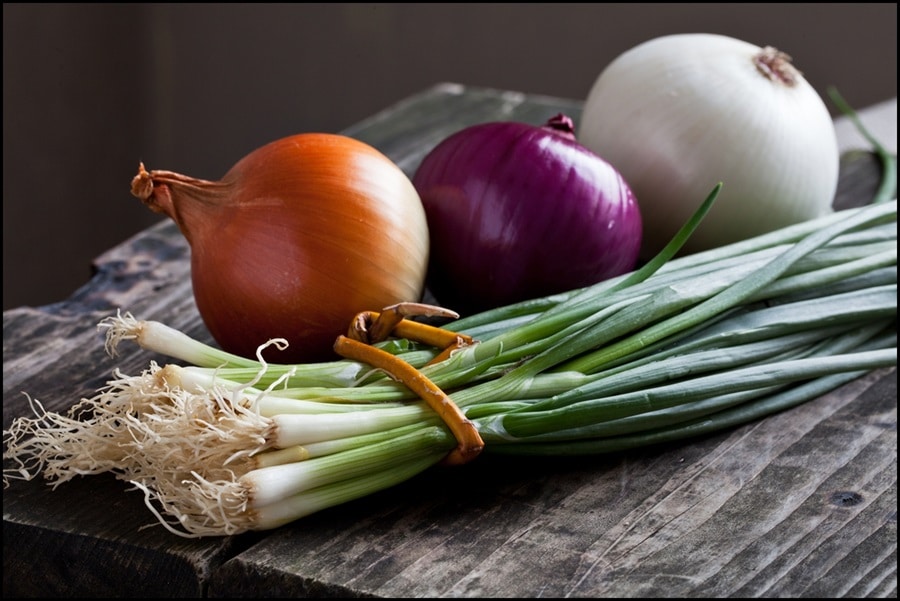Zero-calorie foods have sparked significant interest in the realms of health and weight management, promising the allure of eating without the guilt of calorie intake. This concept, often surrounded by myths and misconceptions, leads to various interpretations and dietary choices. Through this article, we aim to unravel the truth behind zero-calorie foods, dissecting their nature, nutritional value, and impact on health. Our objective is to provide a clear and factual understanding, moving beyond the hype to uncover what these foods really offer to those seeking a healthier lifestyle.
Contents
- 1 Defining Zero-Calorie Foods
- 2 The Science Behind Zero-Calorie Foods
- 3 Popular Zero-Calorie Foods Examined
- 4 The Myth of Negative Calorie Foods
- 5 Impact on Weight Loss and Diet
- 6 Health Benefits Beyond Weight Loss
- 7 Incorporating Zero-Calorie Foods into Your Diet
- 8 Beyond the Hype – A Balanced View
- 9 The Balanced Truth About Zero-Calorie Foods
Defining Zero-Calorie Foods
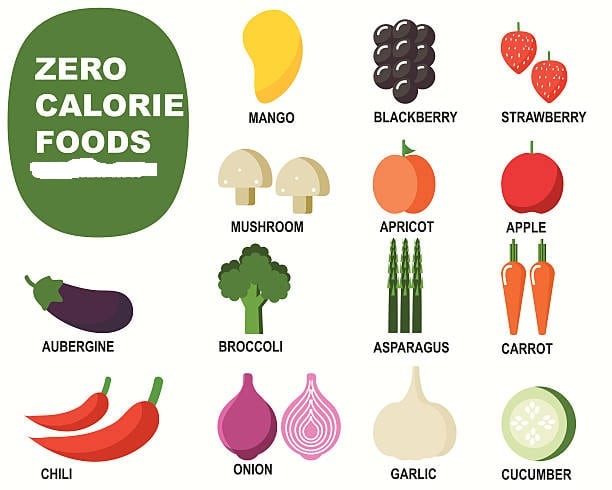
Zero-calorie foods, as the name suggests, are believed to contain negligible calories that are almost entirely expended during digestion. This category typically includes certain fruits and vegetables, and their characterization as ‘zero-calorie’ is based on the notion that the body burns more calories digesting these foods than the foods themselves contain. However, this definition is often oversimplified and misunderstood. It’s crucial to differentiate between genuinely low-calorie foods and the concept of ‘negative calorie foods’, a term that suggests the food contributes less than zero calories, which is a misconception.
The Science Behind Zero-Calorie Foods
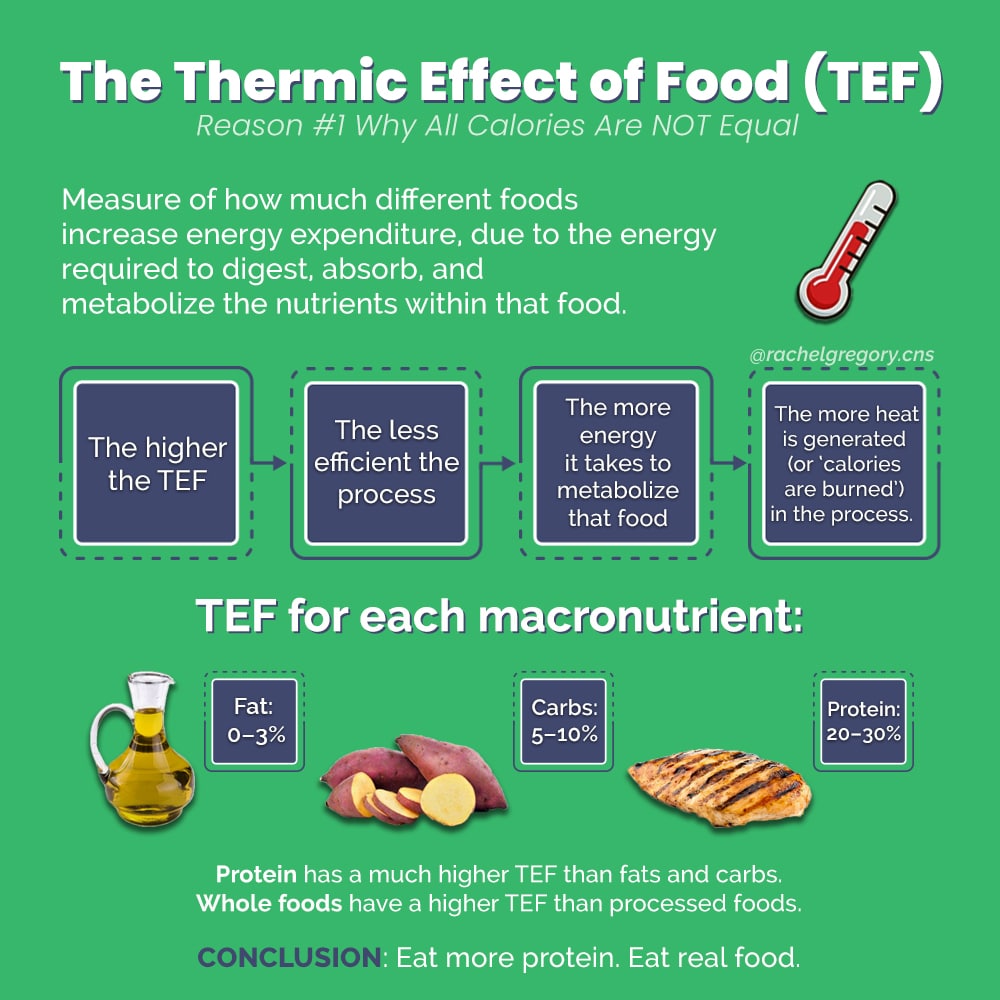
The science behind zero-calorie foods hinges on the balance between their caloric content and the energy expended by the body to digest them. Foods like celery, often labeled as zero-calorie, have a very low-calorie count but are high in fiber and water, leading to a greater energy expenditure during digestion. However, it’s a myth that the digestion of these foods uses more calories than they provide. The thermic effect of food (TEF) – the energy used in digestion, absorption, and distribution of nutrients – is a key factor, yet it does not entirely negate the caloric intake of these foods.
Popular Zero-Calorie Foods Examined
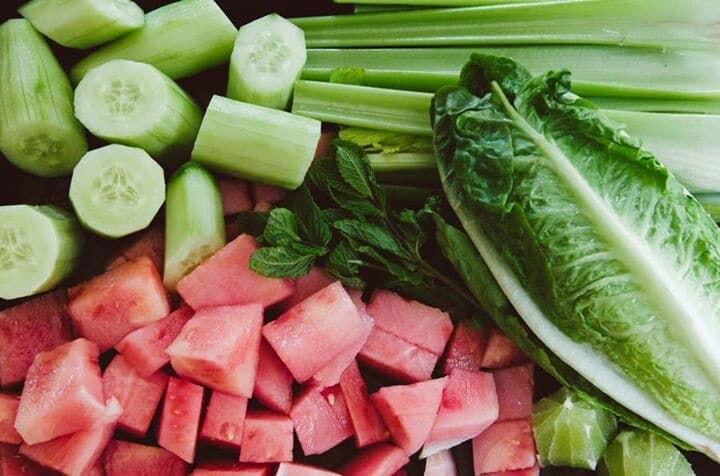
Among the popularly cited zero-calorie foods are celery, cucumbers, lettuce, and watermelon. These foods are low in calories and high in water content, making them excellent choices for hydration and low-calorie snacking. Their nutritional profiles are characterized by a high percentage of water and fiber, but they also contain vitamins and minerals essential for health. While these foods are beneficial in a balanced diet, relying on them solely under the guise of ‘zero calories’ can lead to nutritional deficiencies and an unbalanced diet.
The Myth of Negative Calorie Foods
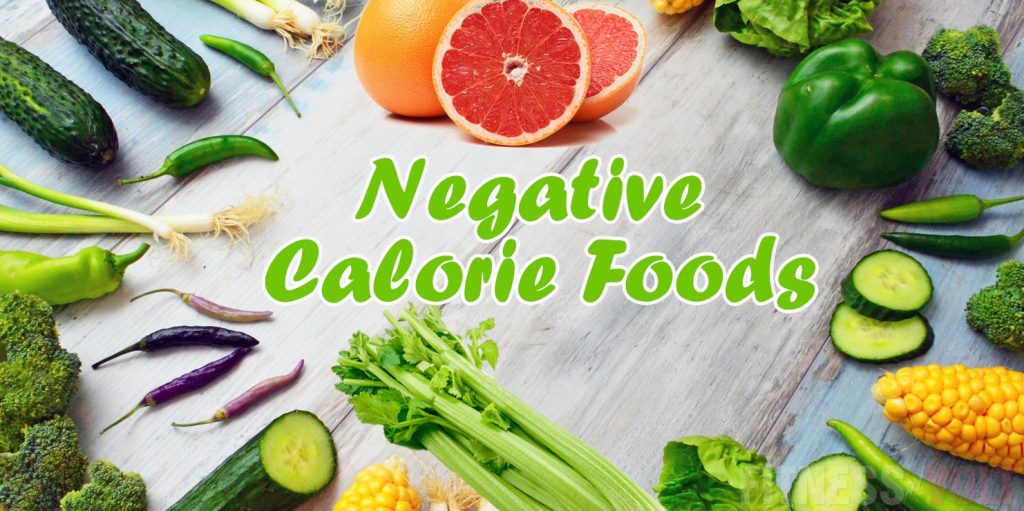
The concept of negative calorie foods is one that has been widely circulated yet lacks scientific backing. It is based on the notion that some foods require more energy to digest than they provide in calories, leading to a net energy loss. However, scientific studies have shown that while the thermic effect of food can increase metabolic rate, it does not convert a food item into a negative calorie one. The myth often distorts the understanding of how our body processes food, overshadowing the real benefits of incorporating low-calorie, nutrient-rich foods into our diet.
It’s important to recognize the difference between foods that are low in calories and the misleading concept of negative calories. Low-calorie foods, such as fruits and vegetables, are essential components of a balanced diet and offer numerous health benefits. However, the idea that eating certain foods will lead to weight loss due to negative calories is a misconception that can lead to unbalanced eating habits. A more nuanced understanding of caloric intake and expenditure is crucial for maintaining a healthy diet and lifestyle.
Impact on Weight Loss and Diet

Zero-calorie foods can play a significant role in weight management, primarily due to their low calorie content and high satiety value. When included as part of a balanced diet, they can help create a calorie deficit, which is essential for weight loss. However, it’s crucial to understand that weight loss, and diet management require a holistic approach that includes a variety of nutrients, and relying solely on zero-calorie foods can be counterproductive.
The incorporation of zero-calorie foods into a diet should be done with caution and awareness. While they can be excellent tools for reducing overall caloric intake, they should not replace other essential food groups that provide proteins, fats, and carbohydrates. Overemphasis on zero-calorie foods can lead to nutritional deficiencies and imbalances. Thus, it’s essential to include a diverse range of foods in your diet for optimal health and successful weight management.
Health Benefits Beyond Weight Loss

Aside from their potential role in weight loss, zero-calorie foods offer various other health benefits. They are typically high in vitamins, minerals, and dietary fiber, contributing to improved digestion, better hydration, and overall health. For instance, foods like cucumbers and celery are great for hydration, while leafy greens provide essential nutrients like iron and folate.
However, it is essential to note that over-reliance on these foods can also have drawbacks.
Excessive consumption of zero-calorie foods at the expense of other nutrient-dense foods can lead to an imbalance in the diet. It’s important to maintain a varied diet that includes a range of foods to meet all nutritional needs. In conclusion, while zero-calorie foods are beneficial for various reasons, they should be consumed as part of a balanced and diverse diet.
Incorporating Zero-Calorie Foods into Your Diet

Incorporating zero-calorie foods into your diet should be done thoughtfully and as part of a balanced nutritional plan. These foods are excellent for adding volume and nutrients without significantly increasing caloric intake. They can be used creatively in meals and snacks, such as adding cucumbers and celery to salads for crunch or using zucchini noodles as a low-calorie pasta alternative. The key is to use these foods to enhance a diet that already includes a variety of other nutrient sources.
It’s also important to approach zero-calorie foods with a realistic perspective. While they are beneficial in reducing overall calorie consumption, they should not be seen as a magic solution for weight loss or health improvements. A diet that is varied and rich in all food groups is crucial for long-term health and wellness. Therefore, including a mix of proteins, fats, carbohydrates, and zero-calorie foods is essential for a well-rounded and sustainable diet.
Beyond the Hype – A Balanced View

While zero-calorie foods have garnered much attention, often hyped in diet trends and health fads, it’s vital to approach them with a balanced view. The marketing of these foods sometimes exaggerates their benefits, overshadowing the importance of a varied diet. It’s essential to understand that while these foods can be part of a healthy eating plan, they are not a panacea for weight loss or health issues. A holistic approach to nutrition, which includes a range of foods, is the cornerstone of good health.
In conclusion, zero-calorie foods should be viewed as one component of a healthy diet, not the sole focus. They offer benefits but are most effective when incorporated into a diet that includes a variety of nutrients from different sources. As with any dietary choice, moderation and balance are key. Consumers should be wary of overemphasizing any single type of food and instead focus on creating a balanced and nutritious diet that supports overall health and well-being.
The Balanced Truth About Zero-Calorie Foods
In summary, zero-calorie foods offer an intriguing aspect to diet and nutrition, striking a balance between low-calorie intake and nutrient provision. While they can play a valuable role in weight management and health, they are not a standalone solution. The key lies in integrating these foods into a diverse and balanced diet. Understanding their true nature and impact is essential in making informed dietary choices. It’s about finding harmony in what we eat, embracing variety, and maintaining a realistic perspective toward zero-calorie foods as part of a holistic approach to health and wellness.


